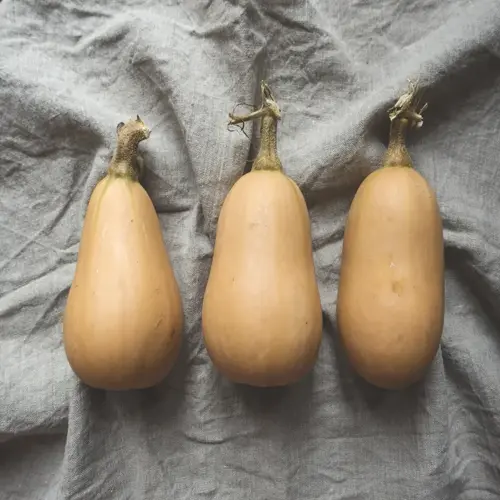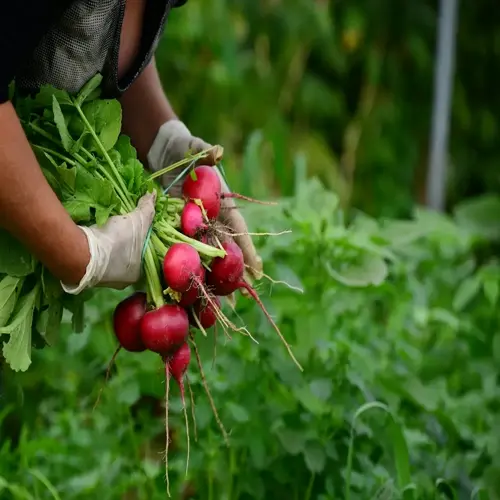What beans grow in fall?

Written by
Julia Anderson
Reviewed by
Prof. Charles Hartman, Ph.D.Fall planting offers certain benefits for bean growing, such as cooler temperatures and natural pest suppression. Cold-adapted varieties should be selected so that success doesn't have to wait too long before winter shows up. These beans will develop a fuller flavor and require less water than summer crops, while avoiding exposure to maximum heat stress levels that can cause blossom drop.
Broad Beans
- Tolerate frosts down to 23°F (-5°C)
- Plant 8-10 weeks before first frost
- Develop deeper flavors in cool soil
- Harvest young pods or dry beans
Fava Beans
- Thrive in 50-65°F (10-18°C) soils
- Resist common bean diseases naturally
- Fix nitrogen efficiently in cool conditions
- Harvest timing: 75-90 days after sowing
Hardy Bush Beans
- Mature quickly in 55-60 days
- Withstand light frosts with protection
- Compact growth suits container gardening
- Continuous yield with succession planting
Overwintering Varieties
- Survive winter under mulch protection
- Early spring harvest before other crops
- Develop extensive root systems
- Require well-drained soil to prevent rot
Prepare raised beds with additional compost for fall planting. Lower soil temperatures slow the release of nutrients, requiring richer amendments. I mix in aged manure six weeks before seeding. If you plan to plant after summer crops, cover your beds with black plastic to warm the soil and improve its structure.
Introduce protective measures as temperatures fall. Use floating row covers to protect plants from frost. For overwintering beans, a 6-inch straw mulch is applied after the first hard freeze. Use windbreaks with exposed gardens. These measures allow for harvesting into mid-winter.
Be mindful of daylight hours. Beans require 6 hours or more of sunlight to grow, even on shorter fall days. Plant them on south-facing slopes for optimal sunlight and use reflective mulches to increase the amount of light they receive. Rotate the containers throughout the day to follow the sun.
Read the full article: When to Plant Beans: Ultimate Growing Guide

